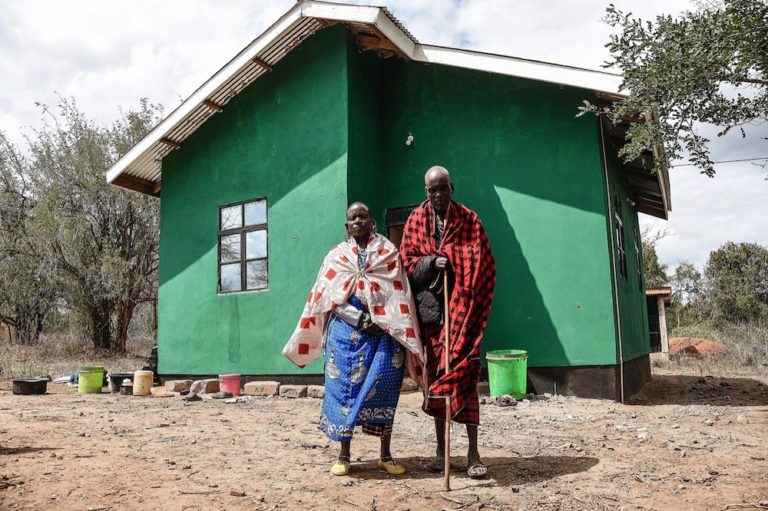The Tanzania Human Rights Defenders Coalition has called for an end to the ban of a newspaper that began nearly six months ago. MwanaHalisi was banned under the Newspaper Act of 1976, which has been previously used to either suspend or shut down newspapers deemed critical of the government.
UPDATE: President Kikwete’s vow not to unban newspaper (MISA, 29 January 2013)
(MISA/IFEX) – 22 January 2013 – A coalition of human rights defenders, the Tanzania Human Rights Defenders Coalition (THRDC) has called for an end to the ban of MwanaHalisi, a newspaper which was banned indefinitely on Monday, 30 July 2012 for allegedly publishing seditious material in three consecutive issues – July 11-17, 2012; July 18-24, 2012 and July 25-01 August 2012.
The newspaper was banned under the Newspaper Act of 1976, which has been previously used to either suspend or shut down newspapers deemed critical of the government. In 2008, the government also suspended the same publication of the weekly for 90 days.
Addressing members of the press on Sunday, 22 January 2013, the coalition said the government of Tanzania was contradicting itself as its claim of “adhering to norms of good governance” fades away in light of its failure to “maintain the rule of law and maintain human rights.”
A statement released by the coalition cites the newspaper ban, the September 2012 murder of journalist Daudi Mwangosi, and the abduction of Dr. Stephen Ulimboka as evidence of human rights abuses. Ulimboka is the Chairperson of the Medical Doctors Association of Tanzania and has led various campaigns for improved working conditions for doctors.
The press briefing was meant, also, to highlight the fact that 175 days (almost 6 months) had passed since the ban was effected, a situation which had not only robbed Tanzanians of their right to know but also, many a journalist the opportunity to earn a living.
“We once again insist that the government revisit its decision on the banning of MwanaHalisi and set it free immediately and without any attached conditions,” read the statement in part, representing the views of at least 60 non-governmental organisations comprised of lawyers, journalists and social activists.
The coalition was initiated by the Tanzania Chapter of the Media Institute of Southern Africa (MISA-Tanzania) to pave way for a holistic approach in promoting and protecting fundamental human rights in Tanzania.
The government of Tanzania has defended its decision to ban MwanaHalisi. In August 2012, MISA reported that the country’s Prime Minister, Mizengo Pinda, defended his government’s actions and said the newspaper could appeal the decision if it wished to do so. At the time, Pinda was responding to a question that had been put to him in Parliament by opposition leader, Freeman Mbowe, who wanted to know why the government had banned the weekly publication.
At the press briefing, the THRDC also took aim at the Media Services Bill, a piece of legislation that the government intends to introduce and which critics have opposed and likened to the 1976 Newspaper Act for the limitations it places on journalists and media practitioners. The coalition further said it would be much better if the government introduced legislation promoting access to information.


